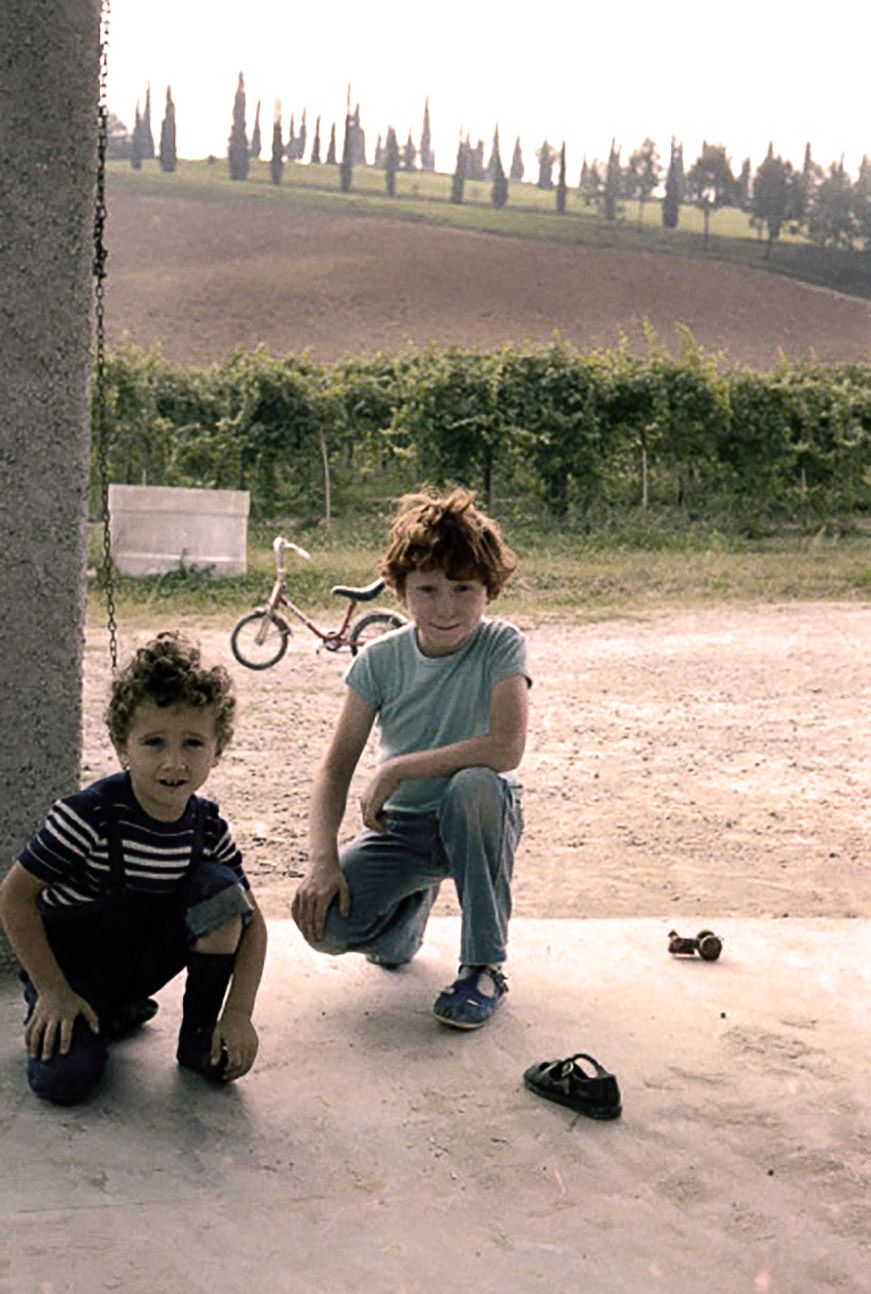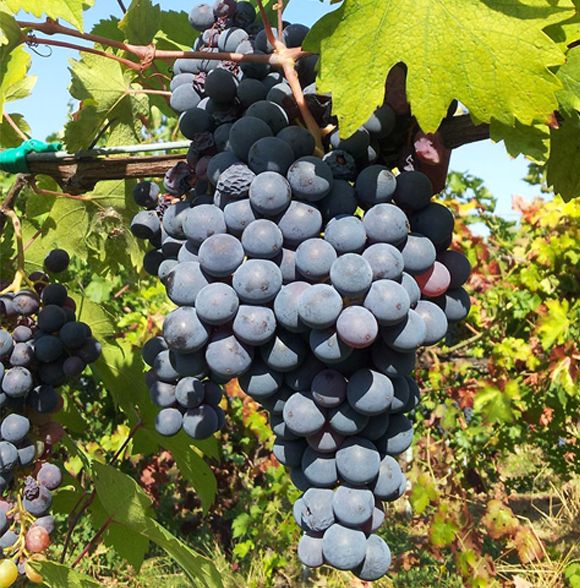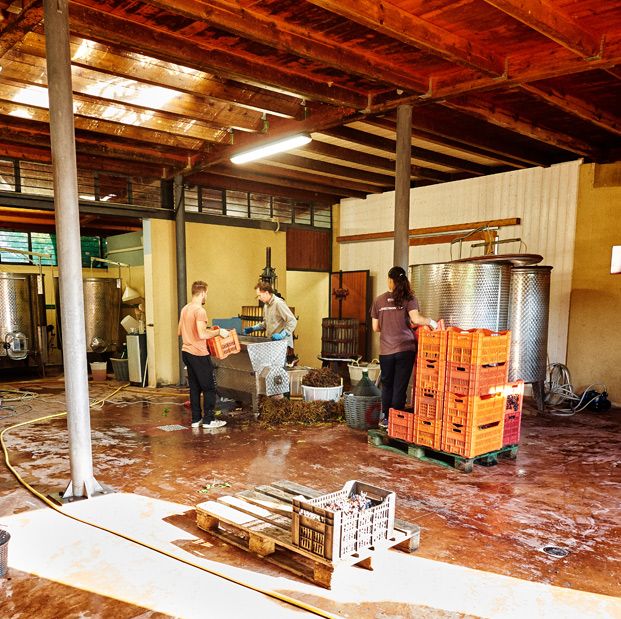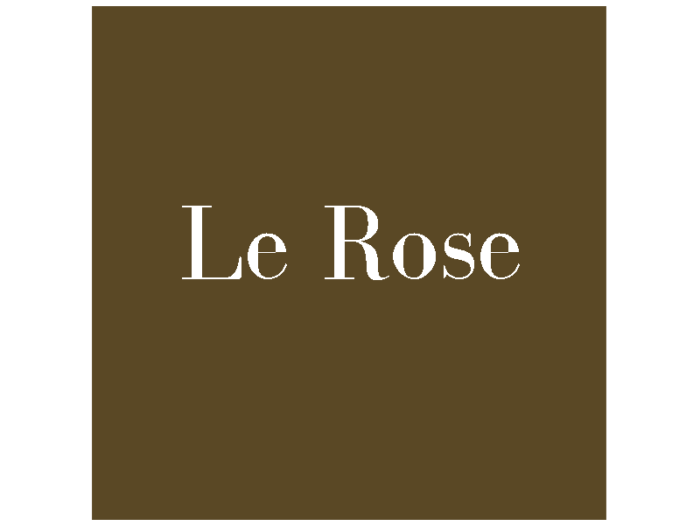
The beginning
 t was our father Vittorio, teacher of Agriculture with a passion for the vineyards, that the first vineyards have been planted in 1970. It was a selection of some autochthonous vines variety that keep resisting till now and that we preserve as genetic makeup by means of studies and research. Among these we planted Spergola, Malbo Gentile and some rare ancient Lambrusco varieties.
t was our father Vittorio, teacher of Agriculture with a passion for the vineyards, that the first vineyards have been planted in 1970. It was a selection of some autochthonous vines variety that keep resisting till now and that we preserve as genetic makeup by means of studies and research. Among these we planted Spergola, Malbo Gentile and some rare ancient Lambrusco varieties.
Between 1970 and 1976 we planted Malvasia and Moscato, by vine training system with double cordon that was typical of those years.
In 1993 the sons, Giovanni, oenologist and doctor in Agriculture, and Alberto, architect with a passion for Viticulture, start to manage directly the company by converting the vineyards to organic farm and by winemaking personally only own grapes.
In 1993, in the garage below the house, the first bottle of Spergola vine was born, a Classic Method: Riserva dei Fratelli.
In 1998 we built the winery and began the vilifications of different “bottle fermented” sparkling wines by Spergola and Lambrusco varieties: Querciole and Sottobosco. In the same year for the first time we made wine the dried grapes of Moscato and Malvasia: the Aresco.
From the beginning we tried to make wine without chemical, and it will be the way for the future years.
Since 2001 we start to winemaking the first still wines to be aged, by using local varieties always: Gheppio and Nottediluna.
After 2003 it joined one and a half hectare of vineyard upon hight hills, in Broletto place, where the chalky soil of Appennini chain rises some ancient vine varieties: Sgavetta and Malbo Gentile.
A new winemaking has been inspired by the young vines that in 2012 has been made in the first three demijohns of rosé wine, named for this reason: Tre Dame.
In 2014 from an early harvest of Malvasia Aromatica it is born: Le Rose.
In every year, small winemaking help us to understand and to give a better value to the characteristic of local vines.
Alberto e Giovanni










































